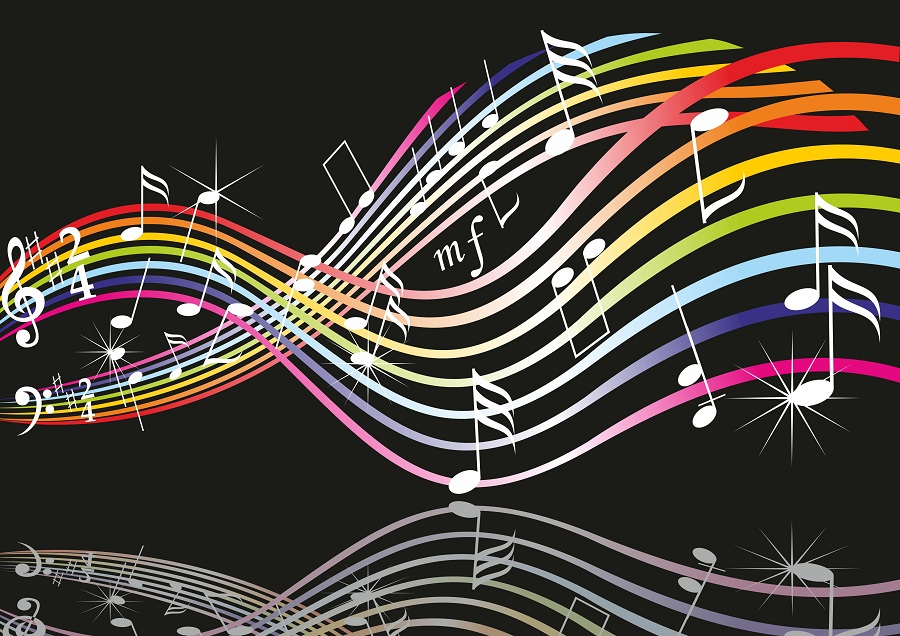The Geometric Power of Music and How Chords Affect the Brain
2 min read
The Geometric Power of Music and How Chords Affect the Brain
A groundbreaking study by an international team of neuroscientists has revealed the geometric underpinnings of how music affects the brain, unveiling the science behind the emotional impact of different chords. The research offers valuable insights into how minor chords can evoke a sense of darkness and moodiness, while major chords can create a bright and cheery atmosphere.
Until recently, the link between specific chords and the emotions they evoke has been largely speculative. However, the new study, published in the prestigious journal Nature Neuroscience, employed state-of-the-art neuroimaging techniques to delve into the brain’s response to various musical stimuli.
The team, led by Dr. Jane Kim of the University of California, Los Angeles, discovered that the brain’s processing of major and minor chords involves distinct geometric patterns. Major chords, which are often associated with happiness and brightness, activated regions of the brain related to positive emotions and reward. In contrast, minor chords, which are often described as dark and moody, activated regions associated with negative emotions and introspection.
Dr. Kim explained, “Our research shows that the brain processes major and minor chords in a geometrically distinct manner, which could explain why they elicit different emotional responses. We believe that these geometric patterns in the brain are the neural basis for the emotional qualities we attribute to major and minor chords.”
The team used functional magnetic resonance imaging (fMRI) to measure participants’ brain activity as they listened to a series of musical pieces composed of various major and minor chords. By analyzing the patterns of brain activation, the researchers were able to identify the neural signatures associated with each type of chord.
The study’s findings have significant implications for the field of music therapy. Understanding the neural basis of how music affects emotions could pave the way for more targeted and effective interventions for individuals struggling with mood disorders, anxiety, and other mental health challenges.
Dr. Kim added, “Our findings could also have broader implications for the study of human emotion and cognition. By examining the geometric patterns in the brain as it processes music, we can gain a better understanding of how the brain processes complex emotions and experiences.”
This study marks a significant step forward in our understanding of the power of music and its profound impact on human emotions. As researchers continue to explore the geometric intricacies of the brain’s response to music, we can anticipate a deeper appreciation for the art of music and its potential to heal and uplift.
Photo Credit: Envato Elements






